
PP405: A Promising New Drug That Could Revolutionize Hair Loss Treatment by Reactivating Dormant Hair Follicles
A groundbreaking study has unveiled that the experimental drug PP405 could be the key to reversing hair loss. Unlike traditional treatments that merely slow down the process of hair thinning or rely on invasive procedures like hair transplants, PP405 tackles the root cause of hair loss by reactivating dormant hair follicles. In recent laboratory trials, scientists observed that the drug successfully stimulated follicle regeneration, promoting natural hair growth in areas that were previously bald. This innovative approach holds significant promise for those suffering from hair loss, offering a potential solution that addresses the underlying problem rather than just masking the symptoms.
The discovery of PP405's potential could revolutionize the field of hair restoration. Currently, many treatments only provide temporary relief by either slowing hair thinning or attempting to transplant existing hair follicles. However, PP405’s ability to activate dormant follicles presents an exciting and long-lasting solution. If the results seen in early trials hold up in larger-scale clinical studies, this drug could provide millions of people with a more effective, non-invasive, and durable treatment option for hair loss.
While clinical trials are still ongoing and more research is required, the early results are promising. Experts have pointed out that PP405 could eventually offer a safe alternative to current hair restoration methods, which are often costly, invasive, and require multiple sessions. Unlike hair transplants, which can be both expensive and time-consuming, PP405 may present a more accessible and sustainable solution to a widespread problem. However, experts also emphasize that more time is needed to confirm the drug's long-term safety and effectiveness before it can be widely adopted as a treatment (Source: American Academy of Dermatology).
For individuals who have long struggled with hair thinning or balding, this could mark the beginning of a new era in both personal confidence and overall wellness. Losing hair can often have a profound psychological effect, impacting self-esteem and quality of life. If PP405 proves to be successful in future trials, it could provide a much-needed boost in how people perceive themselves, giving them the opportunity to regain not only their hair but also their confidence. Scientists continue to study the intricate mechanisms behind hair follicle reactivation, hoping to develop a treatment that could be made widely available in the next few years. The possibility of a non-surgical solution for hair restoration has already generated considerable interest in the medical and cosmetic industries, with numerous organizations backing further investigations into this promising drug (Source: National Institutes of Health, NIH).
The implications of this discovery go beyond mere aesthetics. Healthy hair growth is often an indicator of good scalp health, which is linked to improved circulation and cellular regeneration. These factors are essential for maintaining the vitality of hair follicles. If PP405 can successfully reactivate dormant follicles and encourage healthy hair growth, it could also have broader benefits for scalp health, making it an important advancement not just in dermatology but in the field of regenerative medicine. By targeting the biological mechanisms responsible for hair growth, PP405 could provide a more comprehensive treatment option for people experiencing hair loss, while also fostering better overall scalp health (Source: Journal of Dermatological Science).
As research on PP405 continues, its potential to transform the treatment of hair loss worldwide becomes increasingly evident. If the drug passes all clinical trials and is proven to be both effective and safe, it could significantly alter the landscape of hair restoration treatments. The breakthrough may lead to a future where hair loss is no longer an irreversible condition, but rather a treatable and manageable issue with a simple, non-invasive solution. With the growing interest and scientific backing, PP405 could become a cornerstone in the field of dermatology, offering a major step forward in the way we treat hair loss and scalp conditions.
News in the same category


Astronomers Capture Groundbreaking Image of New Solar System Formation

Denmark's 'Rolling Grocer' Initiative Brings Fresh Food and Community Connection to Rural Seniors

Mosquitoes Discovered in Iceland for the First Time: A Warning of Climate Change Effects

Denis Vashurin: The Man Who Appears as a Teenager Despite Being in His 40s

M.K. Prakasan: The Teacher Who Swims 12 km Daily to Educate Students in Kerala

Belgian Prodigy Laurent Simons Earns PhD in Quantum Physics at Just 15 Years Old

Revolutionary Cancer Treatment: Activating Immune Structures Within Tumors to Shrink Cancer and Prevent Relapse
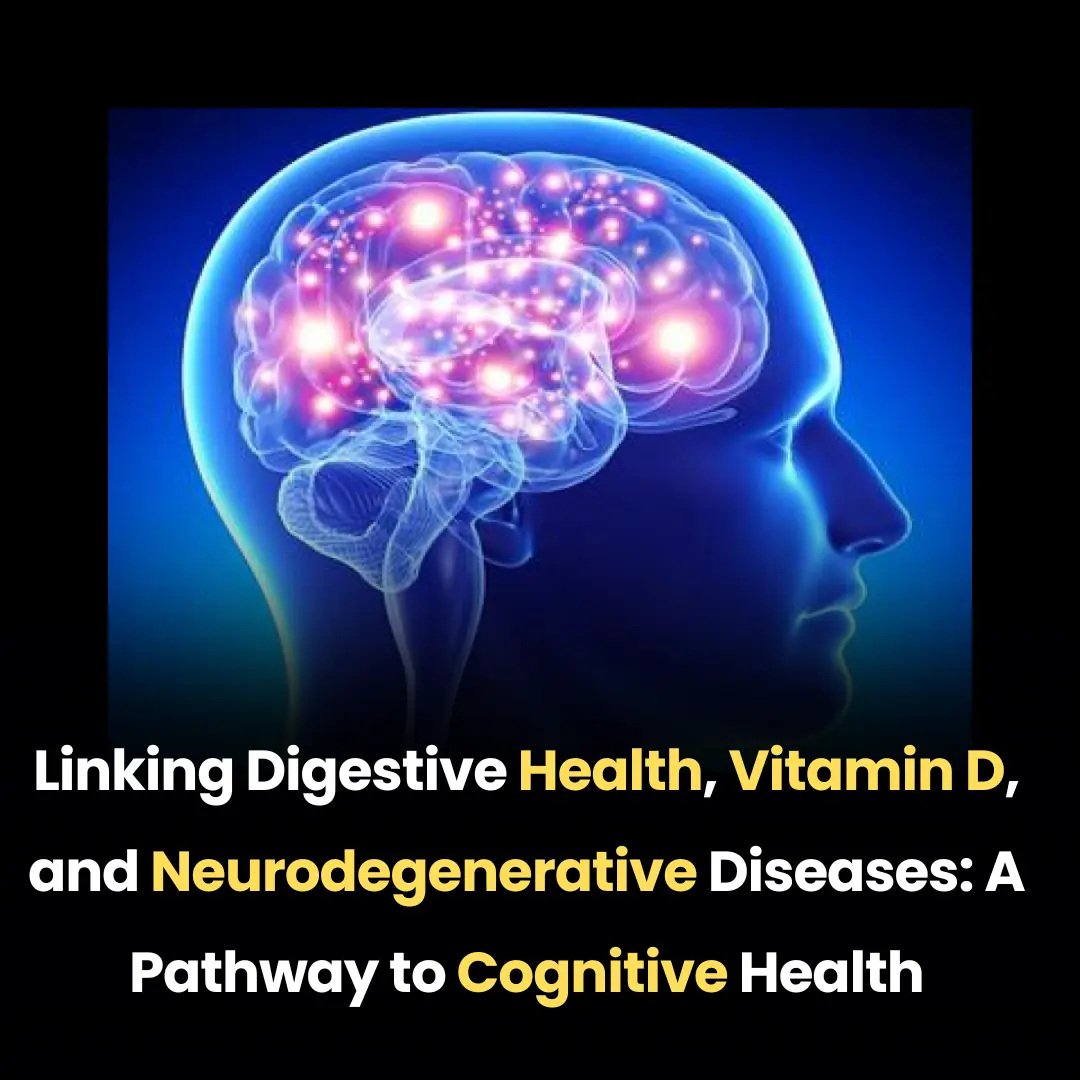
Linking Digestive Health, Vitamin D, and Neurodegenerative Diseases: A Pathway to Cognitive Health

The 400-Year-Old Greenland Shark: A Living Witness to Centuries

The Hidden Dangers of Long-Term Energy Drink Consumption

Frozen Time Capsule: Scientists Reveal Ancient Antarctic Landscape

How Cold-Water Swimming Boosts Mood, Reduces Stress, and Enhances Mental Wellbeing
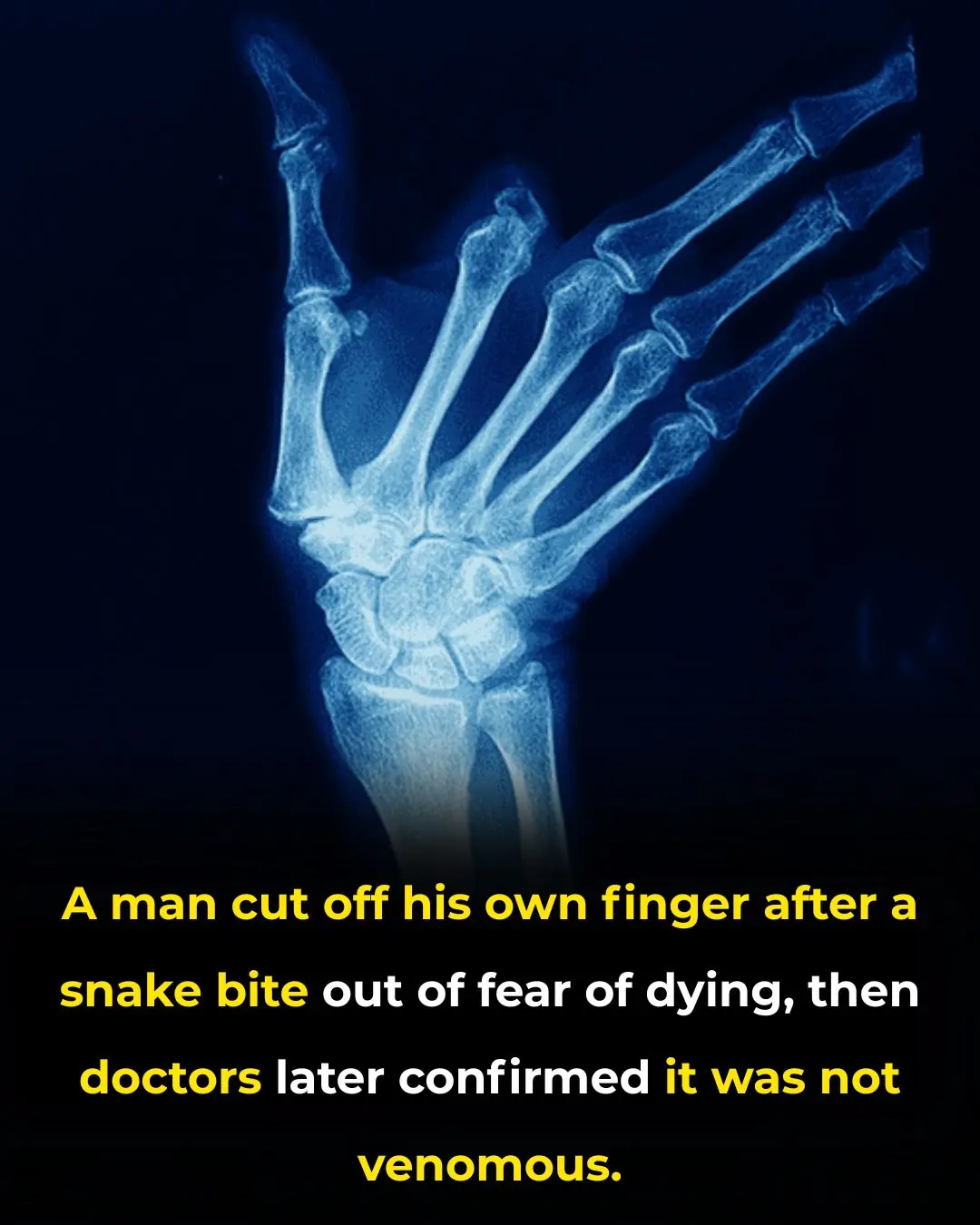
Snakebite Panic Leads Farmer to Sever Finger, Doctors Confirm No Danger
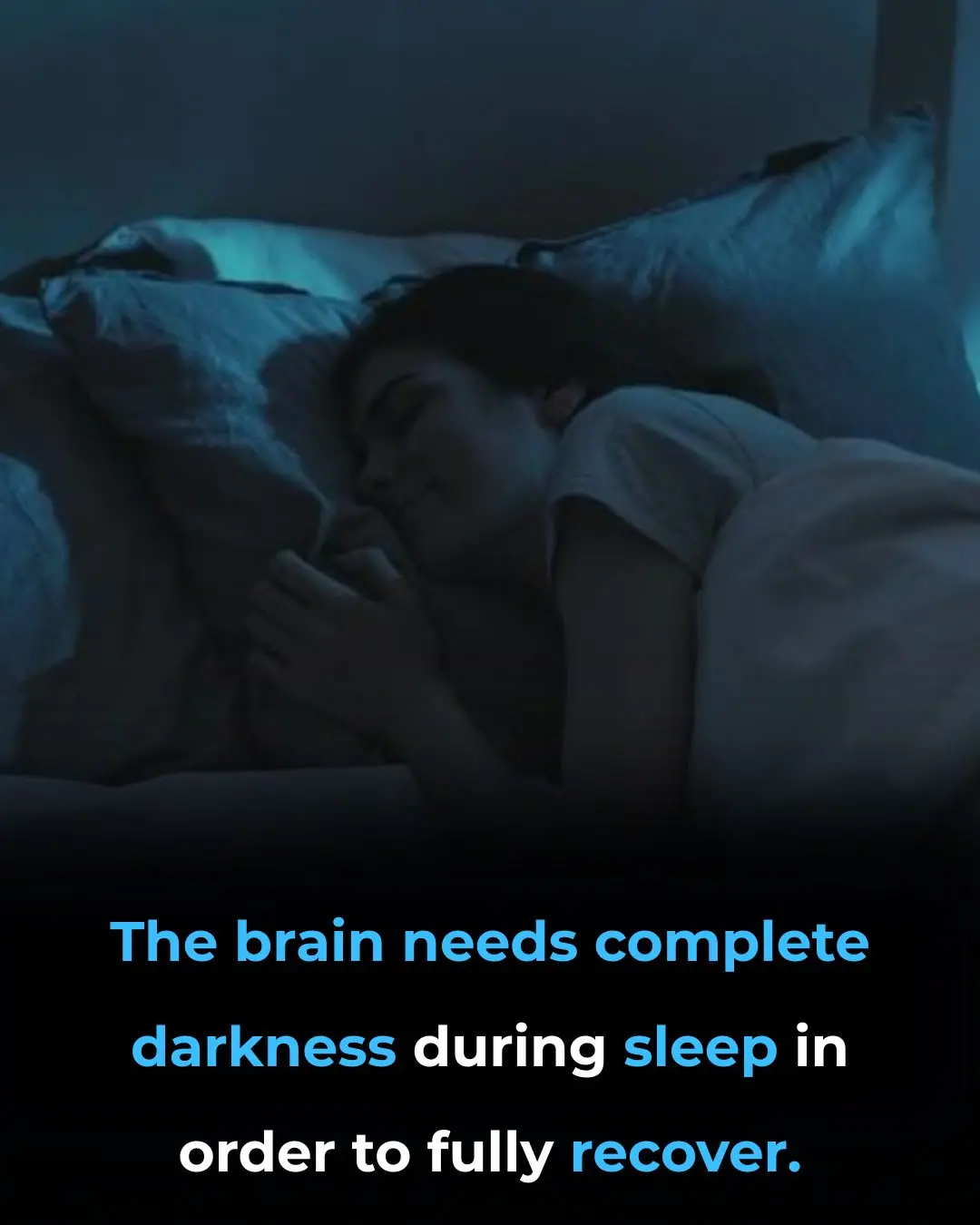
Why Even Small Amounts of Light at Night Can Harm Your Sleep and Mental Health

Apple Extract: A Natural Alternative to Chemotherapy for Treating Colon Cancer
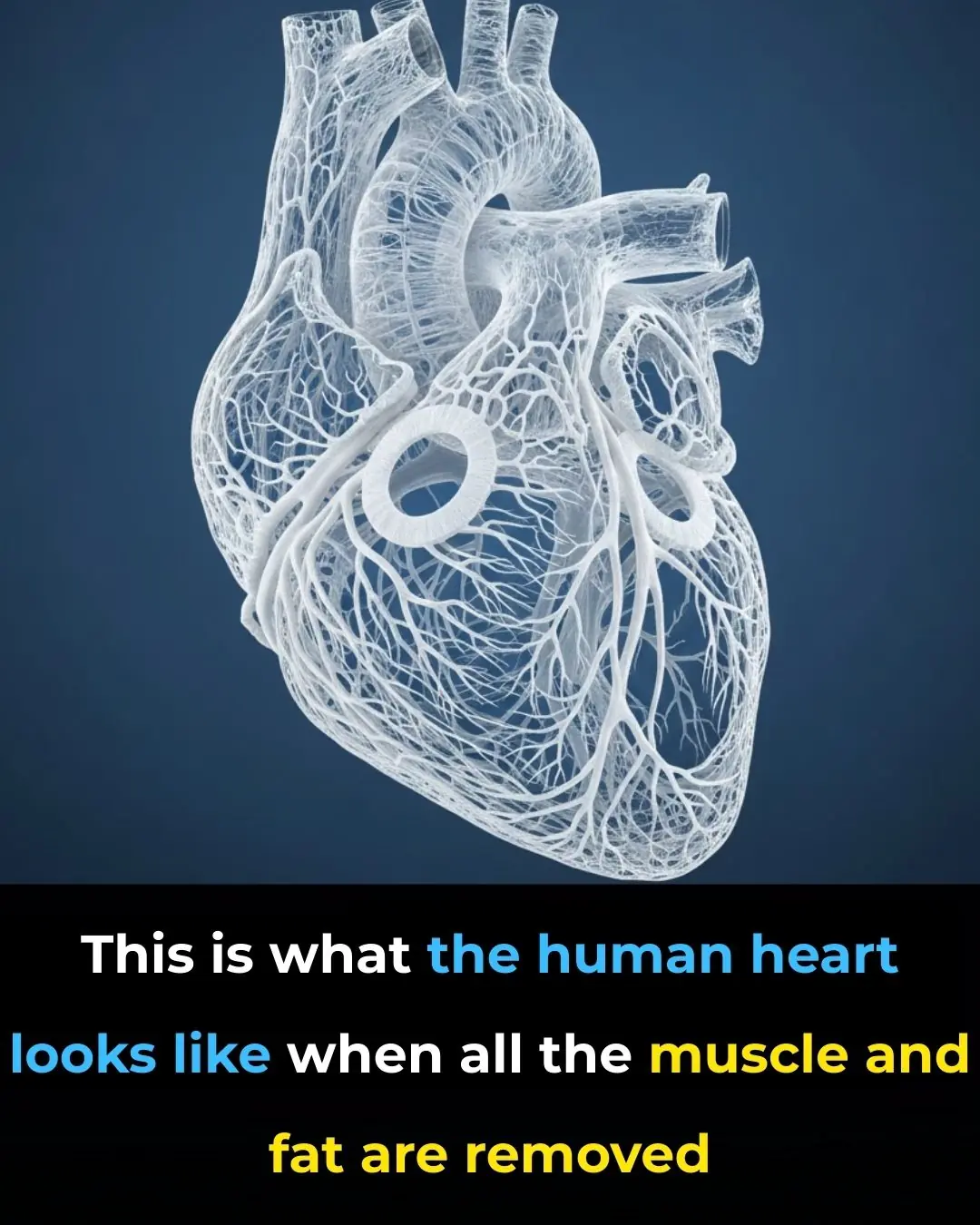
Revealing the Human Heart: A Stunning Look at Its Circulatory System Without Muscle or Fat

Why the Brain Remembers Negative Experiences More Than Positive Ones: Implications for Mental Health and Well-Being
News Post
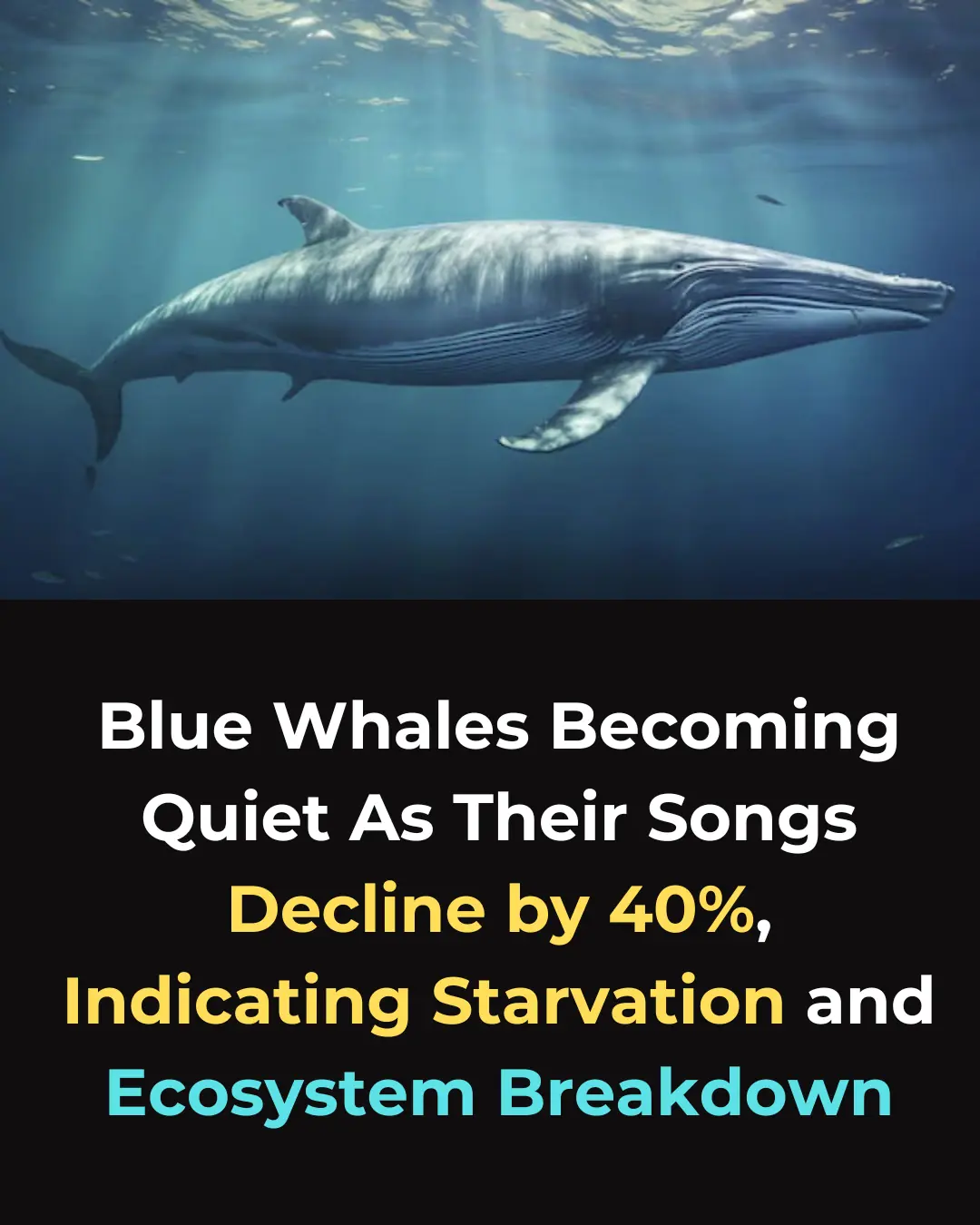
The Quiet of Blue Whales: How Climate Change is Affecting Whale Behavior and Ecosystems

The Arrival of Mosquitoes in Iceland: A Sign of Shifting Ecosystems and Public Health Risks

Astronomers Capture Groundbreaking Image of New Solar System Formation

Denmark's 'Rolling Grocer' Initiative Brings Fresh Food and Community Connection to Rural Seniors

Mosquitoes Discovered in Iceland for the First Time: A Warning of Climate Change Effects

Denis Vashurin: The Man Who Appears as a Teenager Despite Being in His 40s

M.K. Prakasan: The Teacher Who Swims 12 km Daily to Educate Students in Kerala

Belgian Prodigy Laurent Simons Earns PhD in Quantum Physics at Just 15 Years Old

Revolutionary Cancer Treatment: Activating Immune Structures Within Tumors to Shrink Cancer and Prevent Relapse

Flaxseeds Gel For Faster Hair Growth

Linking Digestive Health, Vitamin D, and Neurodegenerative Diseases: A Pathway to Cognitive Health

The 400-Year-Old Greenland Shark: A Living Witness to Centuries

The Hidden Dangers of Long-Term Energy Drink Consumption

Frozen Time Capsule: Scientists Reveal Ancient Antarctic Landscape

How Cold-Water Swimming Boosts Mood, Reduces Stress, and Enhances Mental Wellbeing

Snakebite Panic Leads Farmer to Sever Finger, Doctors Confirm No Danger

Why Even Small Amounts of Light at Night Can Harm Your Sleep and Mental Health

Apple Extract: A Natural Alternative to Chemotherapy for Treating Colon Cancer
